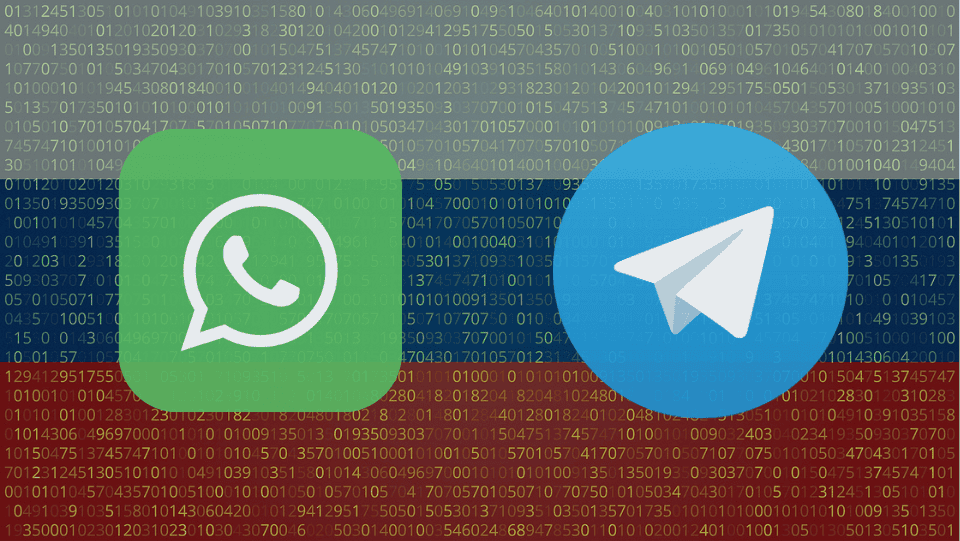
Russia has begun blocking new user registrations on Telegram and WhatsApp by preventing the delivery of SMS messages and voice calls required for account verification.
The move, quietly rolled out via telecom operators, adds another layer to the country's tightening grip on foreign messaging services.
The restriction was first reported on October 30, 2025, by Russian tech outlet Kod Durova, which cited telecom industry sources and confirmation from a security expert who spoke with RBC. According to these reports, Russian mobile operators received informal directives instructing them to halt the transmission of authentication SMS and phone calls from third-party providers used by Telegram and WhatsApp to onboard new users.
While SMS messages for authentication still occasionally reach Russian numbers, delivery has become inconsistent. Testing revealed that some carriers, like MegaFon and MTS, still process these messages, while others, such as Beeline, have stopped delivering them altogether. This fragmented implementation suggests the measure is being rolled out gradually or selectively enforced.
The affected services, Telegram, founded by Pavel Durov, and WhatsApp, owned by US-based Meta Platforms, remain two of the most popular messaging apps in Russia. According to Mediascope, as of September 2025, WhatsApp had 96.5 million users in the country, while Telegram trailed closely with 90.97 million. Both platforms have been under sustained regulatory pressure throughout 2025, with the government accusing them of facilitating fraud, extremist recruitment, and evading domestic moderation requirements.
In August, Russia’s telecommunications regulator Roskomnadzor announced the partial blocking of voice call features in both Telegram and WhatsApp, citing their alleged use in scams and criminal coordination. That announcement was followed in October by new restrictions framed as part of a broader effort to “counter criminal actors” who purportedly use these apps for extortion and sabotage-related activities.
Despite the growing limitations, Russian lawmakers have said they do not intend to fully ban Telegram or WhatsApp. Instead, the strategy appears to be one of gradual attrition, disrupting key functionality to disincentivize use, while heavily promoting a state-approved alternative.
That alternative is MAX, a government-backed messaging platform developed by VK. MAX has become a central pillar in Russia’s digital sovereignty efforts. Its integration with government services and financial platforms has been fast-tracked following a presidential order in June. As of late October, MAX had surpassed 50 million users and is now required to be pre-installed on all new smartphones sold in Russia.
Telegram bypass with P2P SMS system
In parallel with the state’s tightening control, Telegram has begun testing a peer-to-peer (P2P) SMS authorization system in Russia. Known as the Peer-to-Peer Login Program, the feature allows users, currently only on Android, to volunteer their phone numbers to send up to 100 SMS per month on Telegram’s behalf. These messages are used to deliver authorization codes to other users attempting to sign in or register. In exchange, participants may receive a Telegram Premium subscription, although the rollout remains extremely limited and opt-in.
This workaround, while innovative, may not scale fast enough to offset the impact of the SMS blockade, especially as new user registrations still rely heavily on phone number verification. If registration becomes impossible for large segments of the population, user growth in Russia could stall or decline.
For Russians already using Telegram or WhatsApp, enabling alternative login options while you still have access could help with data recovery. It is also recommended to avoid changing your registered phone number unless you can confirm your carrier still relays authentication SMS for the impacted platforms.






Leave a Reply